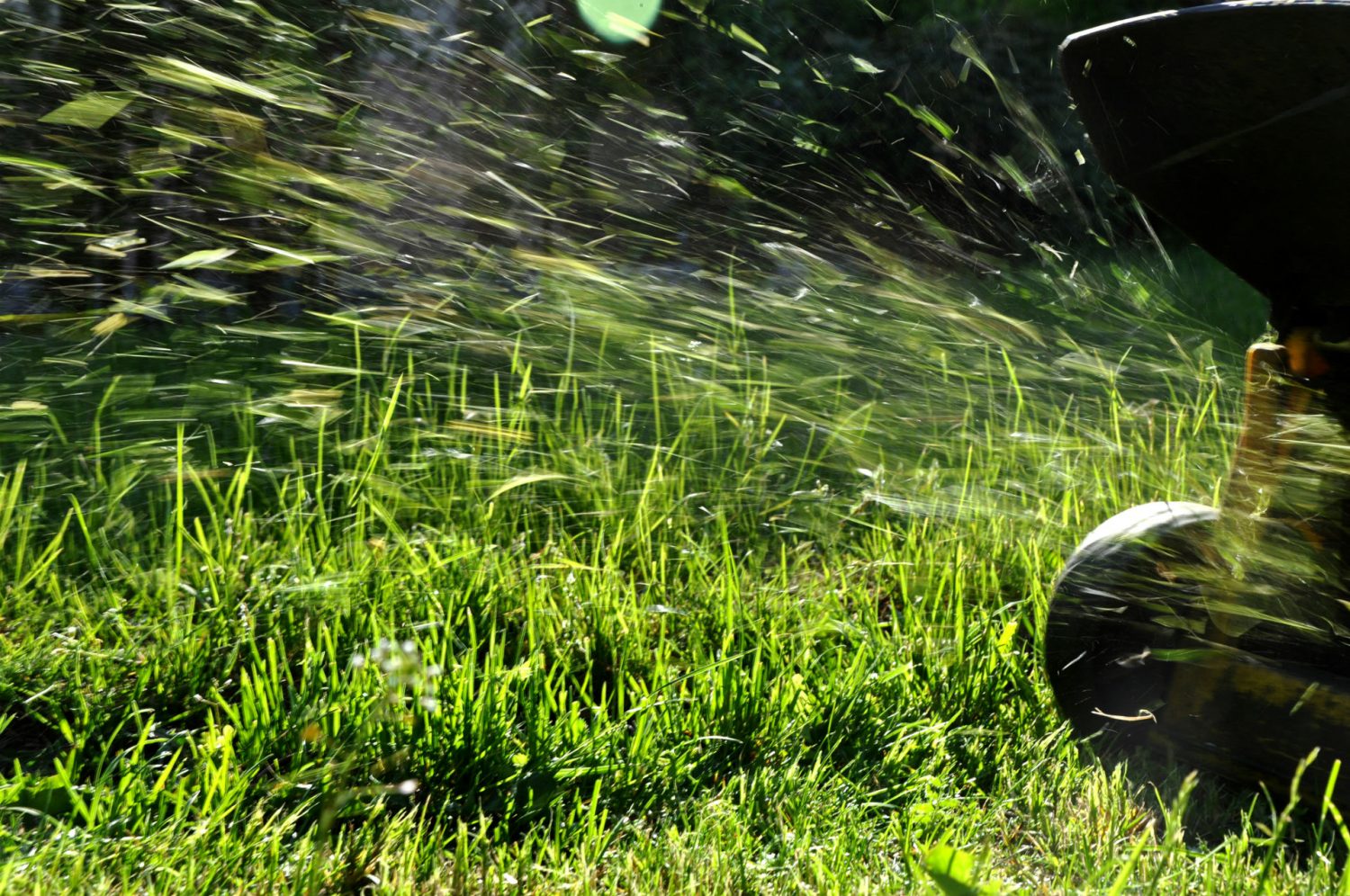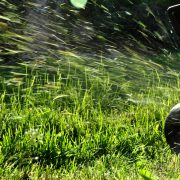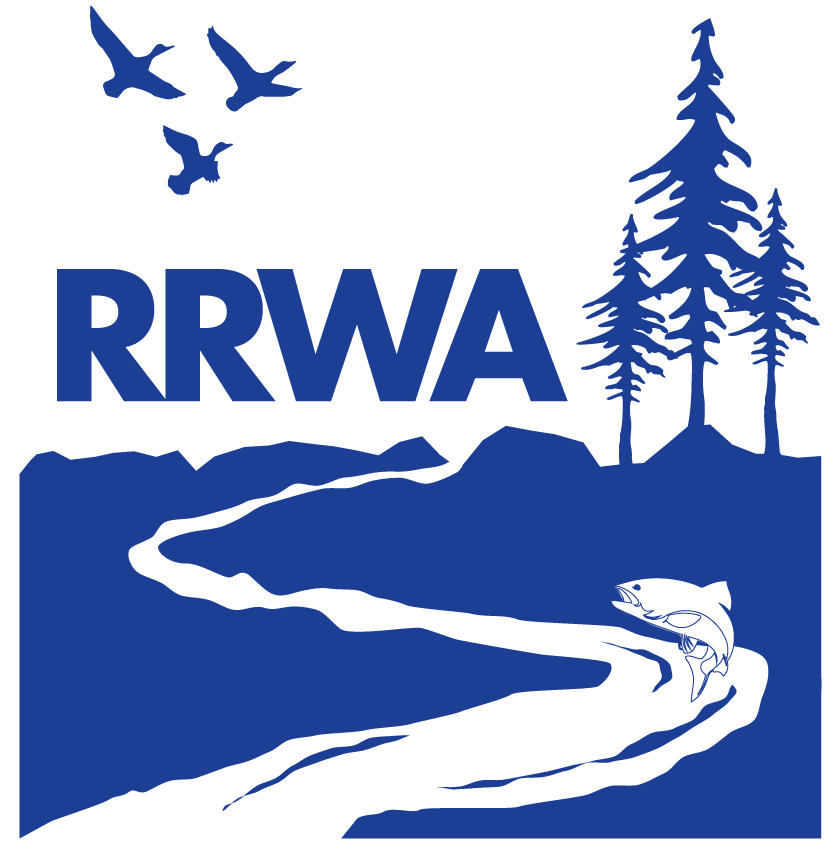Love Your Lawn; Love Your River
As one kind of grass gains acceptance in northern California, another kind of grass is losing acceptance. Lawns are falling out of favor as ornamental landscaping because lawns use too much water for a drought-prone region. There are also water quality concerns with maintaining lawns because so many of us apply pesticides and far too much fertilizer to our grass. When it rains or if our sprinkler systems cause runoff, that runoff can carry excess pesticides and fertilizers into our creeks, the Laguna and eventually the Russian River.
During the recent drought, many of us replaced our lawns with less thirsty, river-friendly landscaping. However, not all of us are removing our lawns. We use them for playing with the dogs, with the kids or for backyard parties and barbeques.
If you are keeping your lawn, there are things you can do to protect our environment while enjoying your lawn.
Leave Your Cuttings

Instead of applying synthetic fertilizers, leave your mulched grass clippings on your lawn. Grass clippings will settle in and decompose naturally, providing nutrients without harming the soil.
Go Organic
Avoid pesticides! Let’s face it – pesticides are poisons designed to kill. When we apply pesticides to kill the organisms we don’t want, we often cause collateral damage by killing beneficial organisms as well. Pesticides can harm birds, beneficial insects, and the natural balance of microbes in the soil.
Let your Lawn Inhale…
Healthy lawn needs air as well as water and nutrients to reach its roots. According to Our Water Our World, you should be able to push a screwdriver five or six inches into the soil under your lawn. If you can’t, you should aerate it. Give your lawn a good soaking the day before you aerate, and be sure to leave the soil plugs on the lawn and break them up after they have dried.
Remove Narrow Lawn Strips
Narrow strips of lawn are very difficult to water without causing overspray and are too small for recreational use. Consider removing narrow strips of lawn. You could replace your lawn with drought tolerant plants or, even consider installing a rain garden. Here is a link to an article that can get you started on your rain garden. http://rrwatershed.org/sites/default/files/RRWA_EnvCol_Oct2014.pdf
If You Insist…Apply sparingly
If you feel you really must apply synthetic fertilizers or pesticides, apply sparingly. When applying pesticides, follow the instructions on the packaging and apply the minimum effective dose. Fertilizers are a good thing for your landscape, but excess fertilizer running off thousands of yards across our watershed causes excess algae growth in our streams. This excess algae uses up the oxygen in the water, choking out fish and other aquatic life. Consider applying fertilizer only twice per year.
Before the Rain
Don’t apply fertilizers or pesticides if rain is forecast in the next 48 hours.
Minimize Sprinkler Runoff
Please stop watering the sidewalk. Turn on your sprinklers and watch the spray patterns. Adjust bent sprinkler heads. Many sprinkler heads are easy to adjust just by turning or tilting them by hand.
Learn More!
Our Water Our World is a not-for-profit organization working to spread the word about less toxic methods of landscaping and gardening. Check out their website for more information about how to care for your lawn or other landscape without using harmful pesticides and fertilizers. http://ourwaterourworld.org/fact-sheets
Look for Our Water Our World shelf tags, which are little signs placed in front of a product to help you identify those that are non-toxic or less toxic than their conventional counterparts.

The Laguna and the Russian River are ours to protect. Urban runoff like fertilizers and pesticides, is a significant source of water quality impairment. By changing or modifying our lawn care habits, those seemingly small acts will reduce sources of big pollution problems— and that adds up to a pollution solution.




